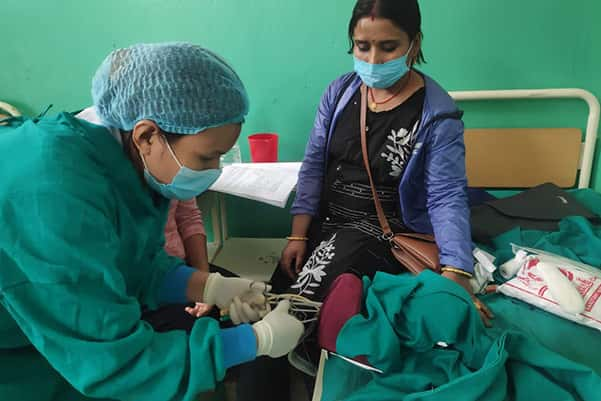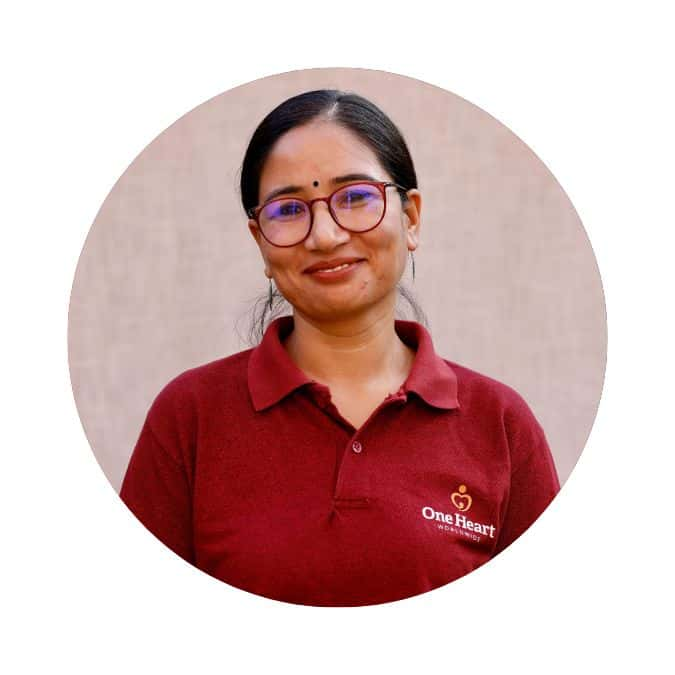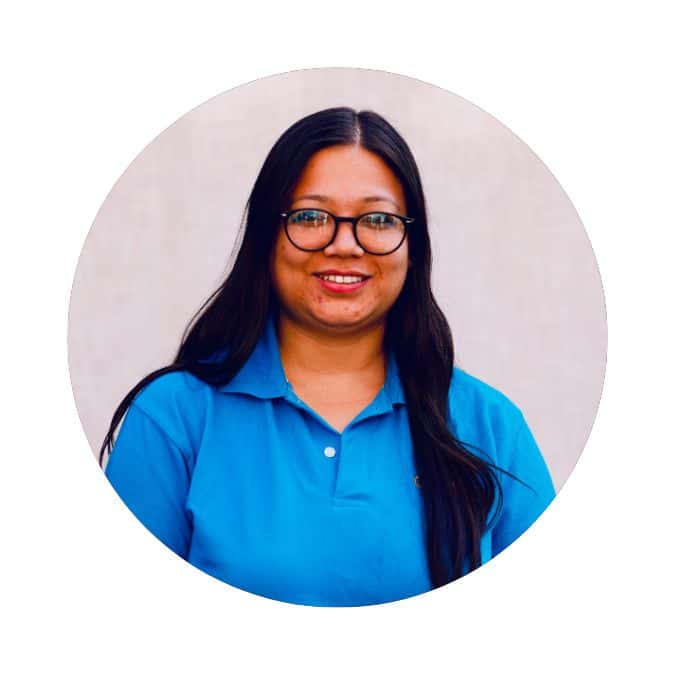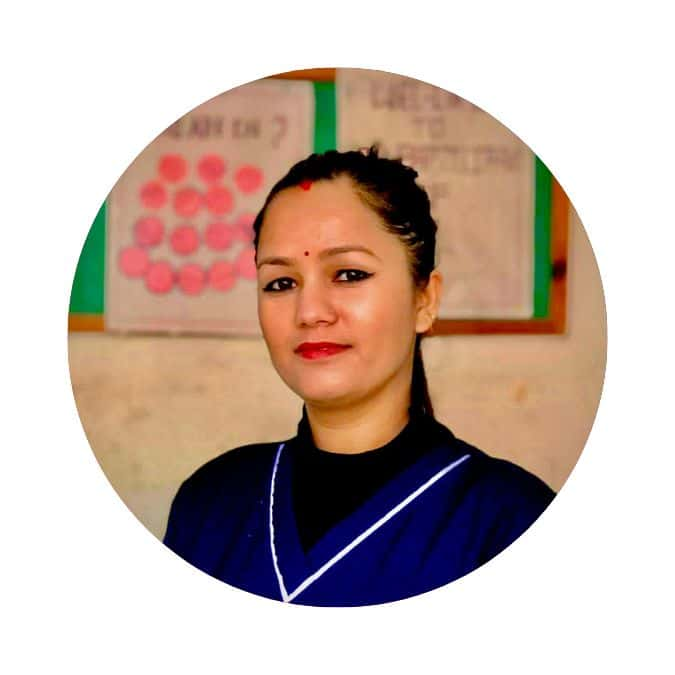Reaching remote areas of Nepal


Laerdal Global Health’s partner One Heart Worldwide (OHW) works in remote, underserved areas of Nepal to upgrade birthing facilities and train nurse midwives to be skilled birth attendants in rural government health facilities. As a recipient of several donated MamaBirthie and MamaNatalie simulators, OHW has trained skilled birth attendants to become clinical mentors providing simulation-based training and onsite coaching and mentoring to nearly 774 nurse midwives in Nepal.
We spoke with three OHW trainers and clinical mentors about their experience.

Bhagawati Shrestha
Training Manager
One Heart Worldwide, Nepal
Prior to receiving your donated simulators, what were some of the biggest challenges you faced?
“One of the biggest challenges for midwife nurses working in remote health facilities is a lack of access to regular clinical guidance. We did not have access to the equipment needed to provide quality training. Whenever we had hands-on skills training, we had to improvise. We used cardboard boxes as a ‘pelvis’ and low-cost baby dolls to improvise simulation exercises.”
In 2021, donated MamaBirthie and MamaNatalie simulators replaced the improvised props and tools which were being used for training. How did the use of these simulators improve the maternal and newborn health training you were able to deliver?
“These simulators made it possible for nurses to improve their skills by simulating normal births, vaginal exams, and practicing for complicated birth scenarios like breech delivery, post-partum hemorrhage, and newborn resuscitation. In the beginning the OHW team found that nurses in rural health facilities had lost around 80 percent of the skills and knowledge they had acquired in their past training. This was because most rural nurses rarely got the chance to deal with pregnancy complications and had been out of practice.”

Malati Shrestha
Program Officer-Clinical Mentor
One Heart Worldwide, Nepal
What was the biggest impact?
“These tools have helped the midwife nurses to enhance their knowledge and gave them a realistic feeling of working in an emergency. One of the biggest impacts is that they were able to develop skills in their decision-making and preparedness. Nurses often need to have fast decision-making skills, which is only possible if they can gather their findings quickly and accurately. The simulators have improved their ability to do vaginal examinations, helped them determine the status of bleeding, uterus contractions, position of the baby, and more. We also use the simulators to train regularly to keep our skills fresh.”

Ekata Thakuri
Nurse Midwife
Melun Health Facility, Nepal
Has your simulation-based training resulted in better patient care?
“In rural health centers, there are no doctors, and referral centers are quite far away. Ambulances are usually not available when needed. This is when the whole team in rural government birth centers must work together to manage emergency responses for pregnancy-complications. The training helped us to create a skills laboratory so that the whole team could practice on a regular basis. Every week, we focus on a new topic guided by mentors. This has helped the whole team to be better prepared. I have seen a lot of improvements in the skills and knowledge of many nurses whom I trained. It also gave us greater confidence as mentors.”
“There are several ways our training has improved because of the Buy One, Gift One donated simulators. First, even the most junior nurse can be skilled after practicing with these simulators. Also, the training was very realistic. Trainees felt that they were working on real patients and that this wasn’t just a mannequin, but a real person.”